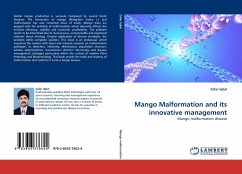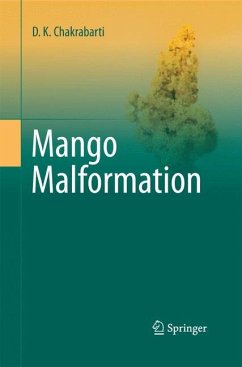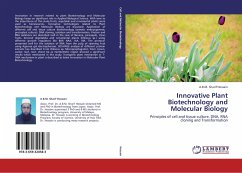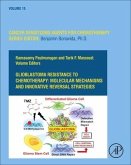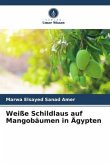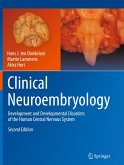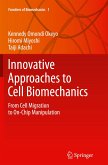Global mango production is seriously hampered by several biotic diseases. The interaction of mango (Mangifera indica L.) and malformation has ever remained focus of study. Mango trees are gripped with the problem of malformation which adversely affects the orchard efficiency, viability and economic profitability. The problem seems to be intensified due to incongruous, unreasonable and perplexed citations about etiology. Despite application of diverse strategies, the problem defies complete solution. This book is an endeavour which acquaints the readers with latest and relevant research on malformation pathogen, its detection, infectivity, distribution, population structure, isolates polymorphism, transmission electron microscopy and disease management strategies particularly within the context of modern Plant Pathology and Biotechnology. This book unveils the myth and mystery of malformation and confirms it to be a fungal disease.
Hinweis: Dieser Artikel kann nur an eine deutsche Lieferadresse ausgeliefert werden.
Hinweis: Dieser Artikel kann nur an eine deutsche Lieferadresse ausgeliefert werden.

